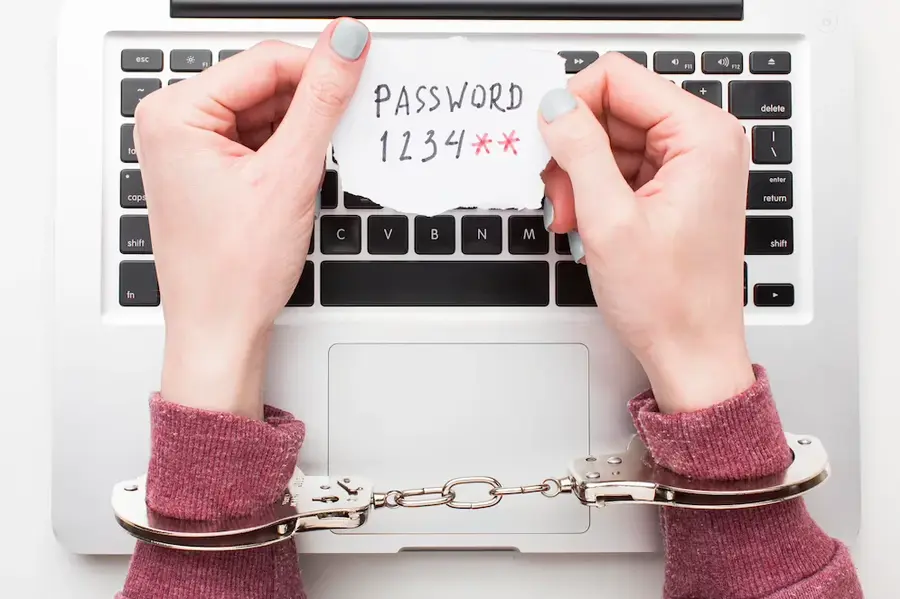Online safety has been elevated to a top priority for both individuals and corporations.
Awareness of potential risks to our devices and taking precautions to secure them are more crucial than ever, given the rise in the usage of personal computers for business, communication, and leisure. This article will describe typical computer dangers and offer guidance for preventing damage to your device.
Malware is among the most serious risks to personal computers. Malware is nefarious software intended to invade your computer without your knowledge or permission. Your device and sensitive information could suffer severe damage. Malware can arrive in numerous forms, including viruses, worms, Trojan horses, and spyware.
Viruses are computer programs that can reproduce and spread to other systems through contaminated files. In addition to slowing down your computer, they might also delete crucial information. Viruses and worms both transmit through host files, but worms do not. They have a high rate of spread and can seriously harm your network and device.
Trojan horses are programs that pass for genuine software but actually include malicious code that can harm your machine. They can be difficult to find and do a lot of harm before being found. Spyware is software made with the intention of secretly gathering personal data from your computer. Your internet behavior can be tracked, critical information like passwords and credit card details can be stolen, and even your keystrokes can be recorded.

Phishing schemes are another frequent danger to home PCs. Cybercriminals employ phishing tactics to deceive people into disclosing personal data, including passwords and credit card details. Emails, pop-up adverts, and phony websites are just a few of the many ways that phishing scams appear. It might be difficult to spot them since they frequently come from reputable organizations like banks or governments.
You can use various methods to defend your computer against these dangers. Updating your software is crucial, first and foremost. Security patches that fix flaws and thwart malware are frequently included in software updates.
Also, you ought to spend money on a reliable antivirus product. Antivirus software can find and eliminate computer viruses, spyware, and other threats. Also, it can defend against phishing scams and other types of online crime.
Using safe browsing practices is crucial in addition to these precautions. Avoid downloading software or applications from dubious websites and exercise caution when clicking links or downloading files from unidentified sources. Always double-check the legitimacy of emails, pop-up advertising, and other notifications when sharing personal information.
Using strong passwords and enabling two-factor authentication when possible are additional crucial steps in keeping your personal computer secure. Strong passwords should contain a mix of capital and lowercase letters, digits, and symbols and be at least eight characters long. By demanding a second form of identification, like a text message or fingerprint scan, before granting access to your account, two-factor authentication adds an extra layer of security.
The bottom line is that malware, phishing scams, and other types of cybercrime constitute a persistent threat to personal computers. However, you can safeguard your device and private data by following the instructions in this article. Maintain software updates, purchase reliable antivirus software, use secure browsing procedures, create strong passwords, and activate two-factor authentication wherever it is practical. If you take these steps, you can use the advantages of your personal computer without worrying about internet risks.

Leave a Reply